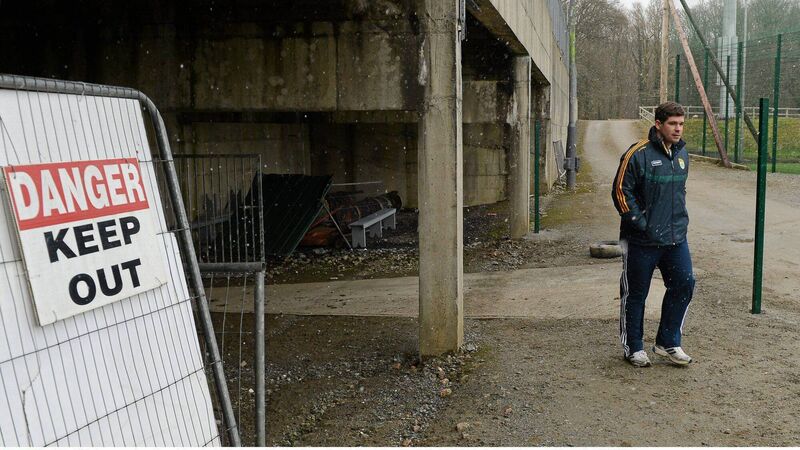Éamonn Fitzmaurice: The great escape: How Kerry broke free from relegation chains

Then Kerry manager Eamon Fitzmaurice leaves the pitch their 2013 defeat to Donegal at Páirc MacCumhaill, Ballybofey
Try from €1.50 / week
SUBSCRIBE
Then Kerry manager Eamon Fitzmaurice leaves the pitch their 2013 defeat to Donegal at Páirc MacCumhaill, Ballybofey
“Let’s get out of here.”
Django Freeman in Django Unchained
Already a subscriber? Sign in
You have reached your article limit.
Annual €130 €80
Best value
Monthly €12€6 / month
Introductory offers for new customers. Annual billed once for first year. Renews at €130. Monthly initial discount (first 3 months) billed monthly, then €12 a month. Ts&Cs apply.
Newsletter
Latest news from the world of sport, along with the best in opinion from our outstanding team of sports writers. and reporters
Newsletter
Latest news from the world of sport, along with the best in opinion from our outstanding team of sports writers. and reporters
Thursday, February 12, 2026 - 4:00 PM
Thursday, February 12, 2026 - 5:00 PM
Thursday, February 12, 2026 - 6:00 PM
© Examiner Echo Group Limited